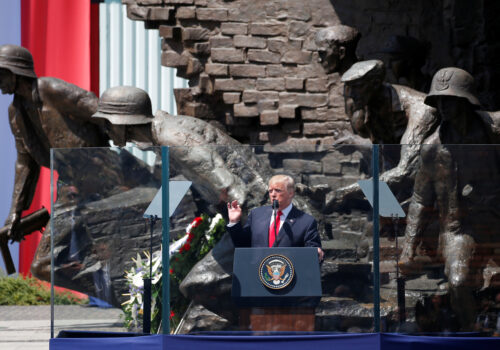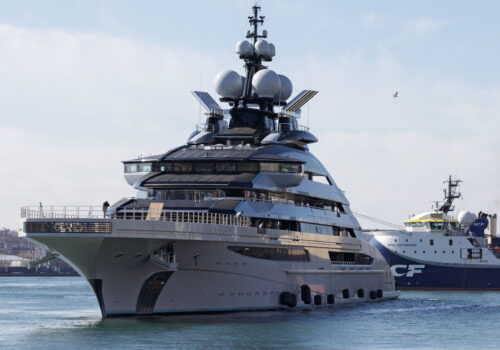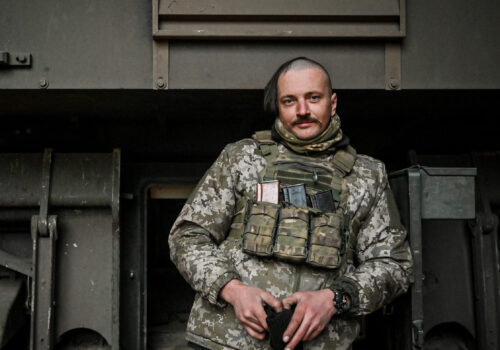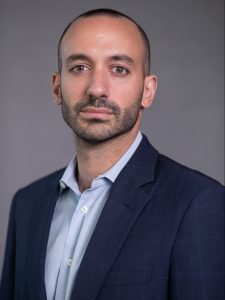Bernard-Henri Lévy, philosopher, filmmaker, and author, has spent more than 50 years extensively reporting on human rights abuses around the world. His latest book, The will to see: Dispatches from a world of misery and hope, and accompanying documentary, follows Lévy into eight international hotspots, including Afghanistan; Bangladesh; Lesbos, Greece; Syrian and Iraqi Kurdistan; Libya; Nigeria; Somalia, and Ukraine. In Ukraine, Lévy visits the frontlines again, observing how much the Ukrainian military has changed since the war began in 2014. In a searing account, he moves through Ukraine’s trenches and concludes that “the lost war in Ukraine…should lie heavy on our collective conscience.”
What common threads did Lévy discover during his travels to these hotspots? In the face of Russian escalation in Ukraine, how can Kyiv remind the world that its forgotten war is fundamentally about defending the values of Europe and the West?
Lévy joins Melinda Haring, deputy director of the Atlantic Council’s Eurasia Center, for a brief visual presentation of his book and film and discussion of his reporting in Ukraine. Benjamin Haddad, senior director of the Atlantic Council’s Europe Center, welcomes.
issue spotlight

Europe in crisis
War in Ukraine
Experts from across the Atlantic Council are assessing the consequences of Russia’s February 2022 invasion, including what it means for Ukraine’s sovereignty, Europe’s security, and the United States’ leadership.
related experts

The Eurasia Center’s mission is to promote policies that strengthen stability, democratic values, and prosperity in Eurasia, from Eastern Europe in the West to the Caucasus, Russia, and Central Asia in the East.




